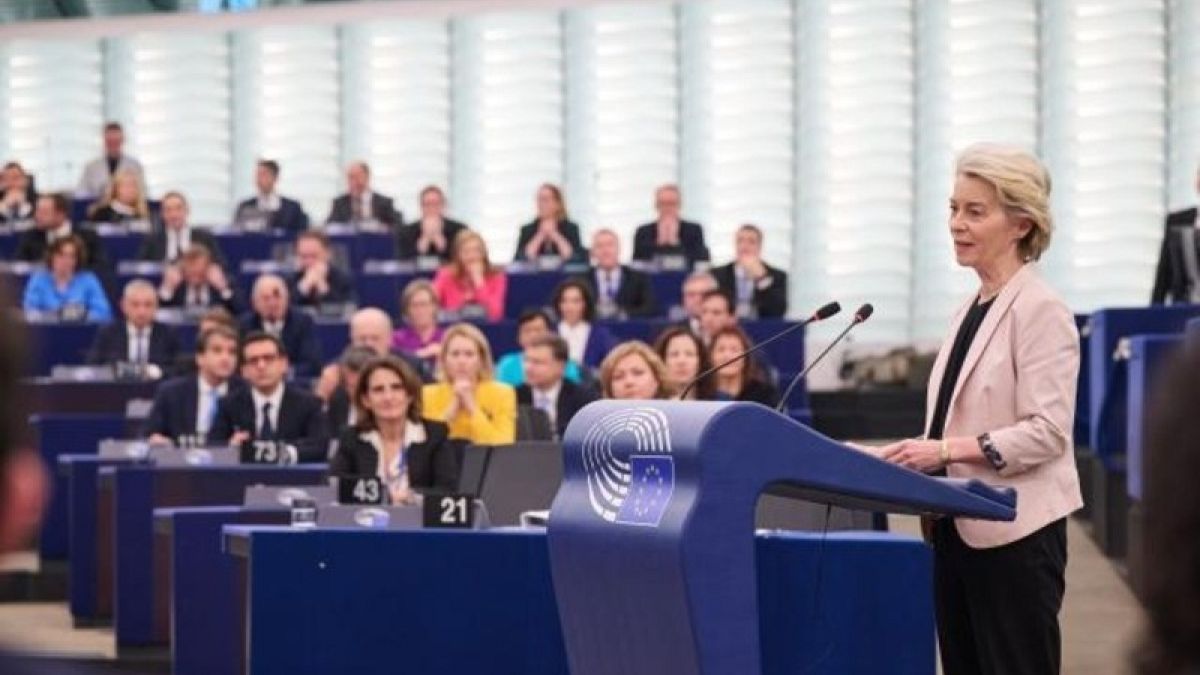Key points:
- There are 24 areas across Auckland, including the CBD, which will have more restrictions on the opening of new off-licences from today.
- New licences and renewals of existing licences in these areas may also face stricter conditions of opening, such as an accident register or the use of CCTV.
- The cut-off time for alcohol sales in these areas is set to change, but not until December 9.
It will be harder for new liquor stores to open in 24 areas across Auckland, including the city centre, as the region’s new local alcohol policy comes into effect today.
The policy, which was voted for unanimously by councillors at a Governing Body meeting on August 29, comes into effect in two stages.
As of today, “stricter rules for [the opening of] new off-licences” come into force. This means “any application to open an off-licence in these areas is likely to be declined for the next two years, unless a very high threshold is met,” Auckland Council said.
The District Licensing Committee (DLC) must consider the policy when it is assessing applications to open new off-licence premises. This is inclusive of “liquor stores, bottle shops and supermarkets selling alcohol”, Auckland Council said.
Councillor Josephine Bartley, chair of Auckland’s regulatory and safety committee, said the change has been encouraged by communities “wanting to see better for their neighbourhoods”.
“[The communities] have said enough is enough!” Bartley said.
Principal specialist of alcohol licensing at Auckland Council, Rob Abbott said new stores would need to meet a very high threshold in order to have the DLC consider granting a licence.
“The local alcohol policy says that applications to open new off-licence premises like bottle shops in one of the 24 ‘freeze’ areas should be refused due to the high number of existing bottle shops in the area, and as these areas see higher instances of alcohol impacting on peoples’ health and safety.
“There would have to be a very, very good reason for a new licence to be granted,” Abbott said.
A ‘new’ off-licence are described as “shops that have not been licensed to sell alcohol within the past six months,” Auckland Council said. Existing stores can keep trading.
Outside of the 24 areas, it will also be harder for new off-licenses to open in neighbourhood centres — “usually areas with rows of shops,” Abbott said.
“The local alcohol policy will also make it more difficult to open a new off-licence in these areas.”
Also from today, the DLC will assess applications for new licences and renewals of existing licences to decide if any applications need special conditions.
This applies to off-licence premises, as well as pubs, bars and clubs. The conditions may include things like keeping an incident register; displaying information on transport, such as taxis, to help customers get home safely; utilising CCTV; and training staff.
The second part of the policy, which changes the cut off time for liquor stores, bars, pubs and clubs comes into effect on December 9.
What areas are impacted:
The areas impacted by Auckland Council have a “priority status”, the Auckland Council website reads, as they have “high levels of alcohol related crime, high numbers of populations that experience disproportionate harm from alcohol and high numbers of existing alcohol licences”.
Maps of the impacted areas can be found on the Auckland Council website.












